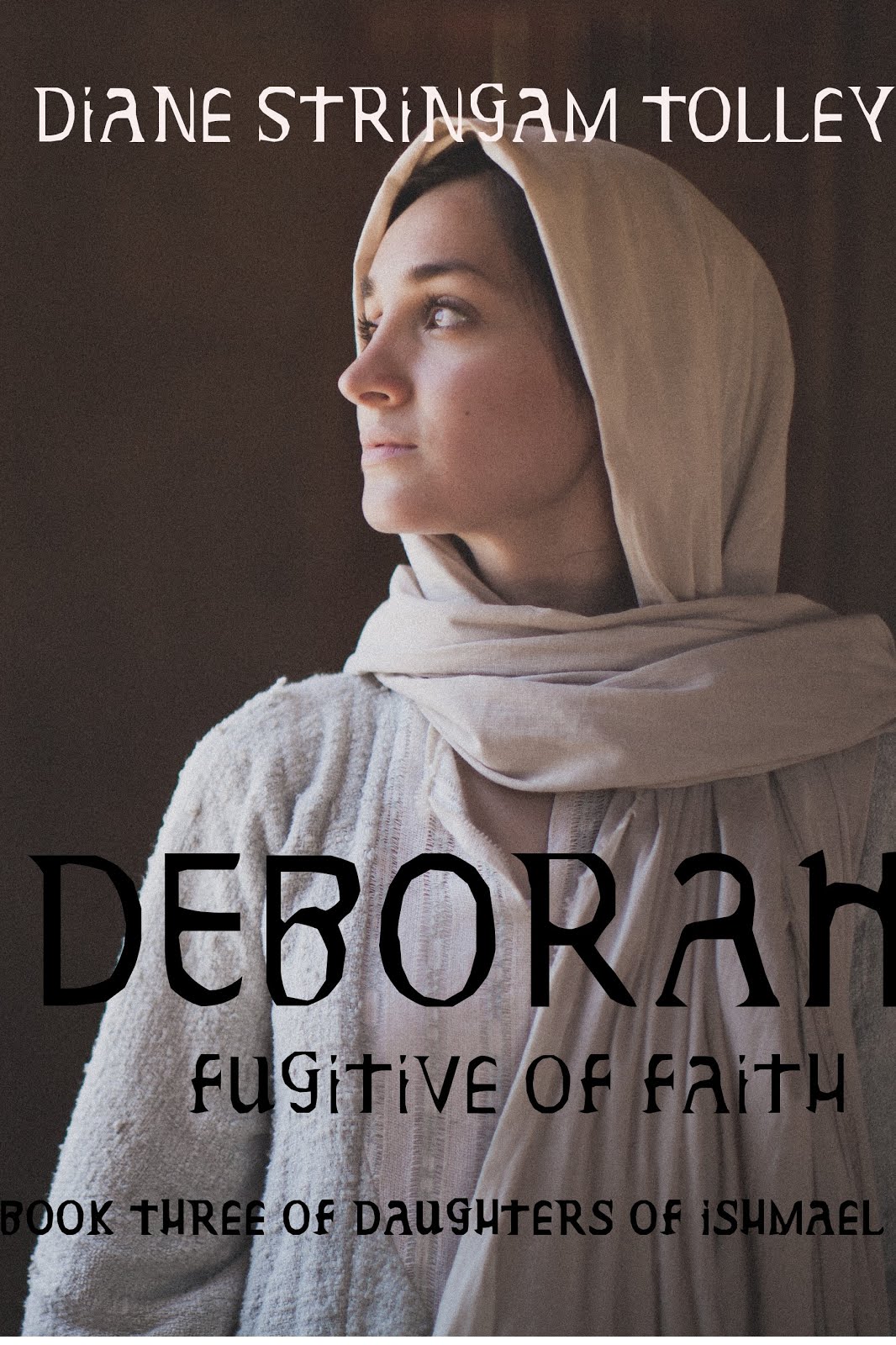Behold! My fictional story that sparked my love for tales featuring snarky sisters.
The morning sun shone through the great cage with the brightly-plumaged macaw perched alertly inside.
Norma was on her knees beneath, scraping with a long-handled shoehorn.
And muttering unintelligibly to herself.
I turned the page of my magazine as she emerged, still talking, “. . . fluff!”
“And feathers!” I turned another page and glanced at her over my magazine. “Need I remind you that it was your idea to get the smelly old bird in the first place?”
She snorted as she straightened her glasses and glared at me.
I looked at her again. “Was that a snort?”
She suddenly found something very interesting in the pattern of the dining room wallpaper. “No.”
“It was! It was a snort!”
“Well, you called Reginald a smelly old bird!”
“Well, he is!” I dove back into my magazine.
She got to her feet and pushed her glasses up on her nose once more. “Of all the rude, inconsiderate . . .” Whatever else she had to say became muffled as she disappeared into the next room.
I sighed and turned another page. I had long since stopped seeing what was there. I was too interested in baiting my sister.
Soon, Norma was back, still talking. “. . . and you know that I thought he would be some nice cheerful company. And still, you . . .” She stopped and frowned. “Why did I go into the kitchen?”
I looked at her and raised my eyebrows.
She glanced down at her mass of seeds and shredded papers on the otherwise spotless floor. “Oh.” She disappeared once again. “I don’t understand . . .” Once more, her words became a mere thread of sound, muffled by the thick walls. This time, when she emerged, she was carrying the trash can. “. . . know that a bit of cheerful company is always pleasant. Especially when one’s only roommate is one’s little sister. One’s snarky little sister.”
Little sister. The phrase always conjured up the picture of a small child in pigtails. Not the octogenarian of reality. I grinned. “But that’s what makes me so nice,” I said.
She pushed her glasses up and glared at me again, then knelt and started scraping bits of paper and seeds into the garbage. “Nice? Well, I don’t know if I could use the term in describing you.” She got up again and, carrying the trash can, started toward the kitchen once more. “I always thought people who are nice were . . .” What she thought nice people were was again lost through the thick lath and plaster between us.
I turned another page and saw the brightly coloured picture of a woman afloat on a cloud with visions of cars, appliances and tropical locales floating in the air about her. A caption, written boldly below questioned: ‘What are your dreams?’
“. . . and dusters. Don’t forget that we need to take a pile of them with us when we go over to help clean!” Norma was back, still clutching the garbage can. And, inexplicably, a fork. She stopped in the doorway. “Oh. I forgot.” She turned and left, but was back a moment later without the trash can and fork, but carrying a large rag and a bucket of warm, soapy water. “Here, Reginald!” she cooed. “Let’s get things all nice and clean!”
The great bird moved to the side of his cage and looked down on her as she dropped to her knees, dipped the rag in the water, wrung it out carefully and started scrubbing. “Get you - all comfy - and nice . . .” her words took on a rhythm as she cleaned. Finally, satisfied, she dropped the rag into the water and stood up. “There.” She nodded in satisfaction. Leaning close to the bars, she made clicking noises with her tongue. “Who’s the pretty bird? Who’s my little gentleman?”
Reginald tipped his head to one side and regarded her. “Gentleman!” he repeated.
Norma smiled. “That’s right. It’s you!” She bustled off through the doorway.
Reginald looked over at me, then turned slightly, fluffed his feathers, and let go a large, wet glob of something disgusting.
It made a great splat on the still-damp floor.
I smiled and hid behind my magazine.







































